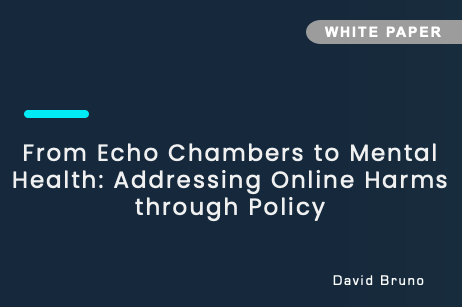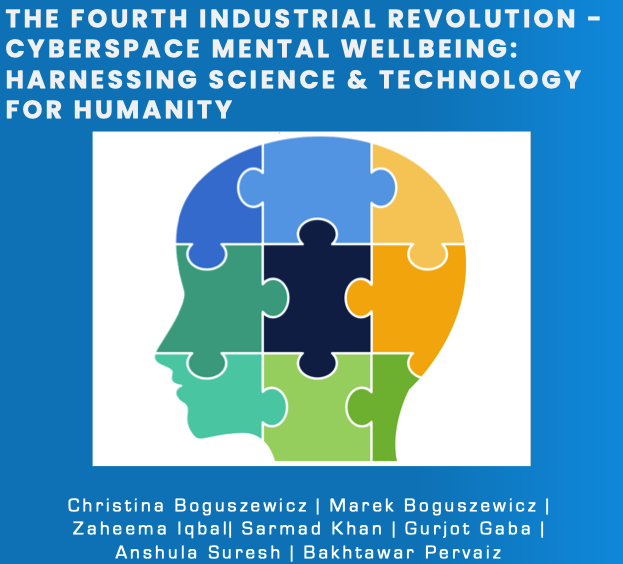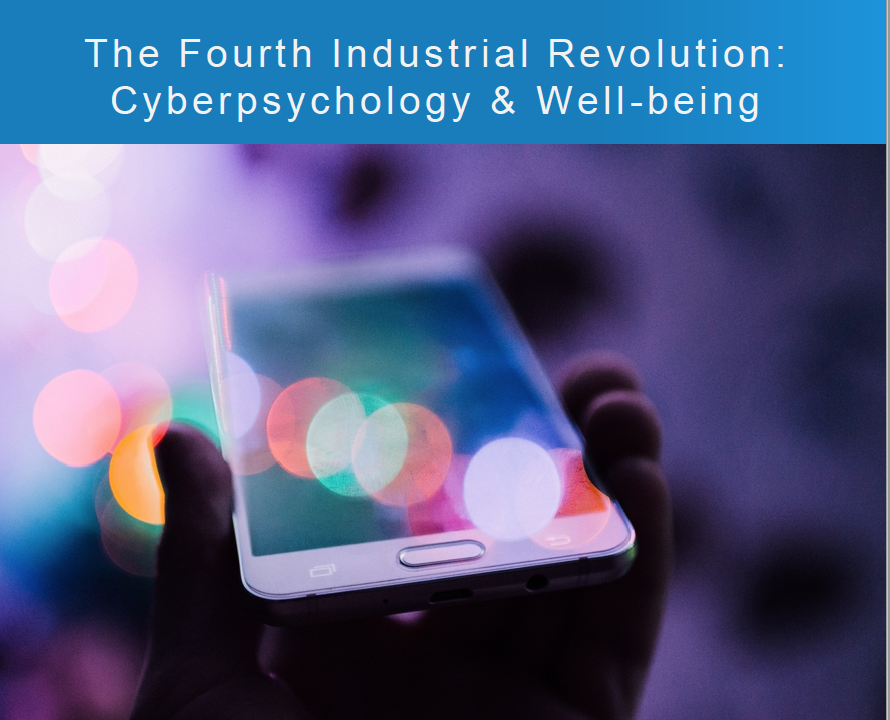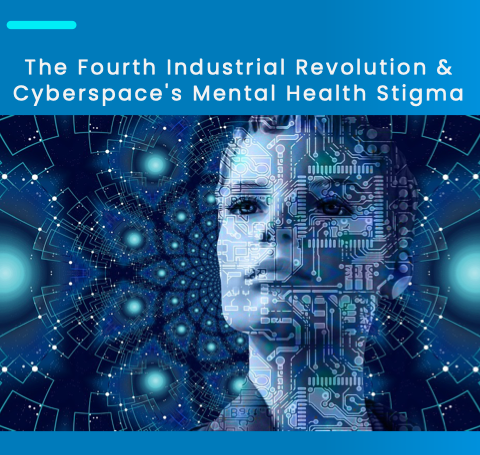CyPSYCH
586 Views
August 13, 2021
In the fourth industrial revolution, where almost the entire world is connected through the internet, mental health plays a great role. The National Center for Health Statistics noted a suicide rate increase of some 35 percent between 1999 and 2018, with the rate growing approximately 2 percent a year since 2006.
July 27, 2021
gy is all around us. We are living in an ever-increasing connected world where the lines between man and machine have merged into shared global cyberspace.
May 11, 2021
The Fourth Industrial Revolution (Industry 4.0) is the progressive automation of traditional manufacturing and industrial processes using modern intelligent technologies. Large-scale machine-tomachine communication (M2M) and the Internet of Things (IoT) will be integrated to increase automation, improve communication, monitor production itself, and develop intelligent machines that can analyze and diagnose problems without the need for human intervention. The phrase "Fourth Industrial Revolution" was introduced by a team of scientists who developed a high-tech strategy for the German government.




